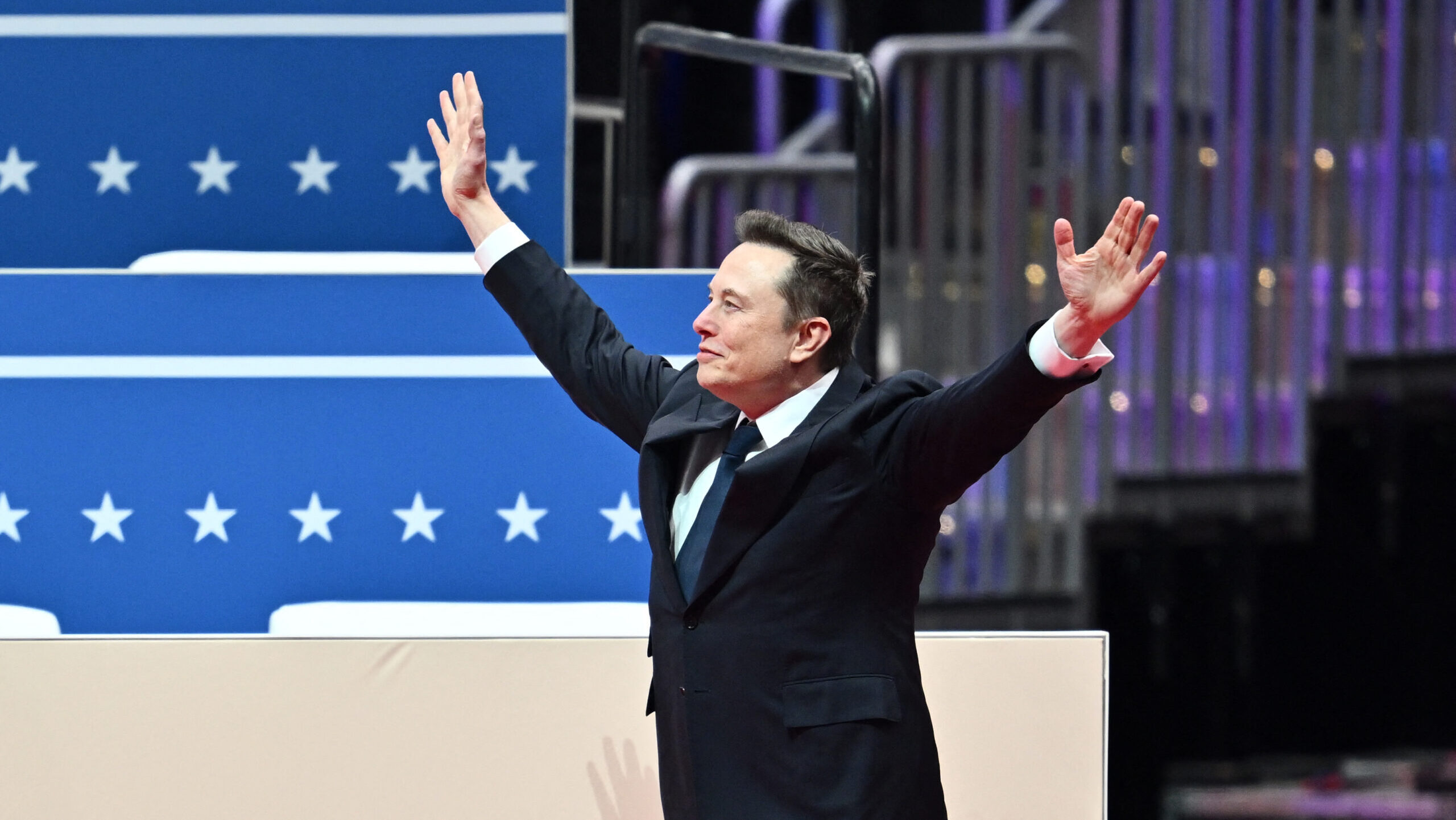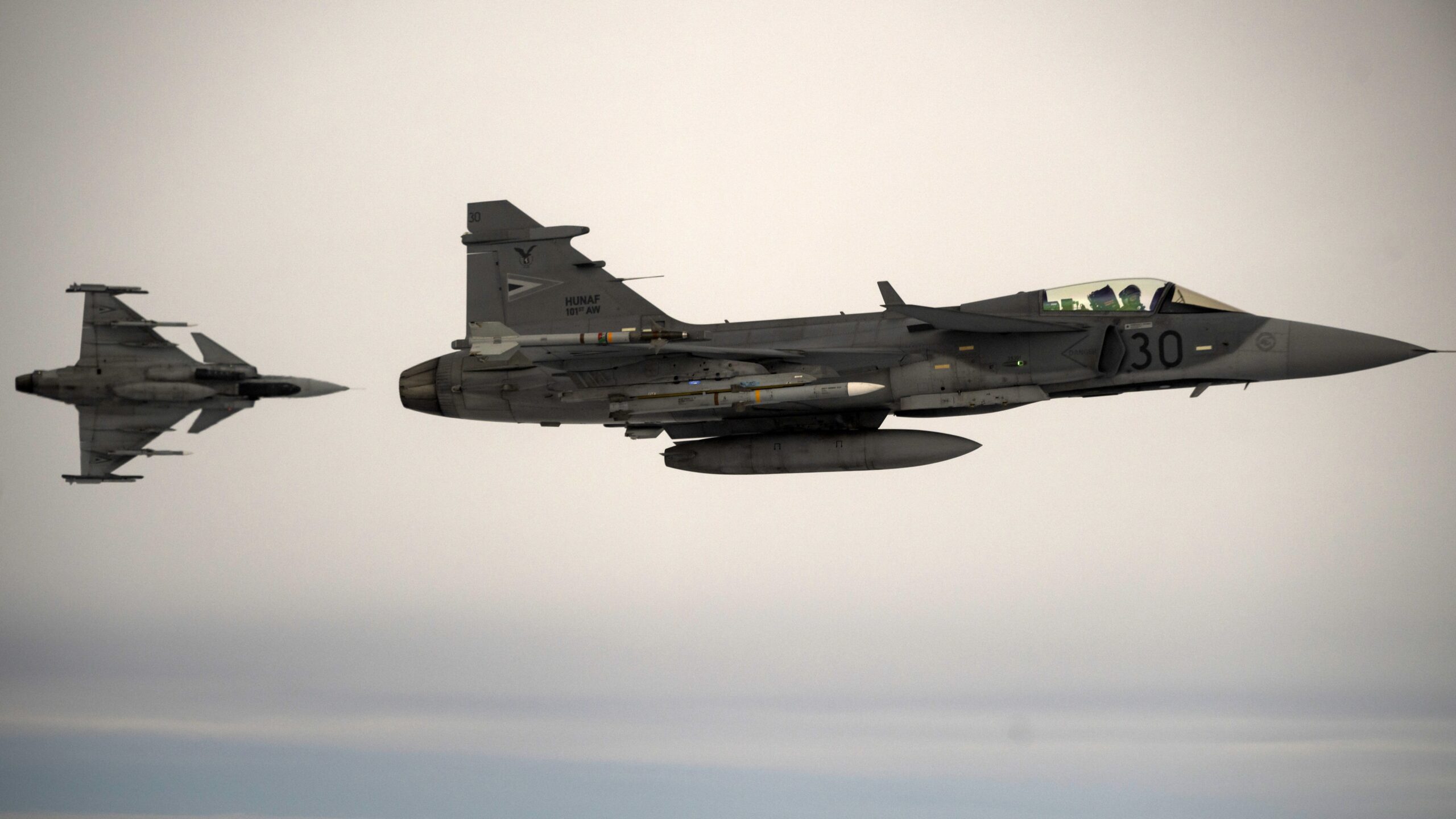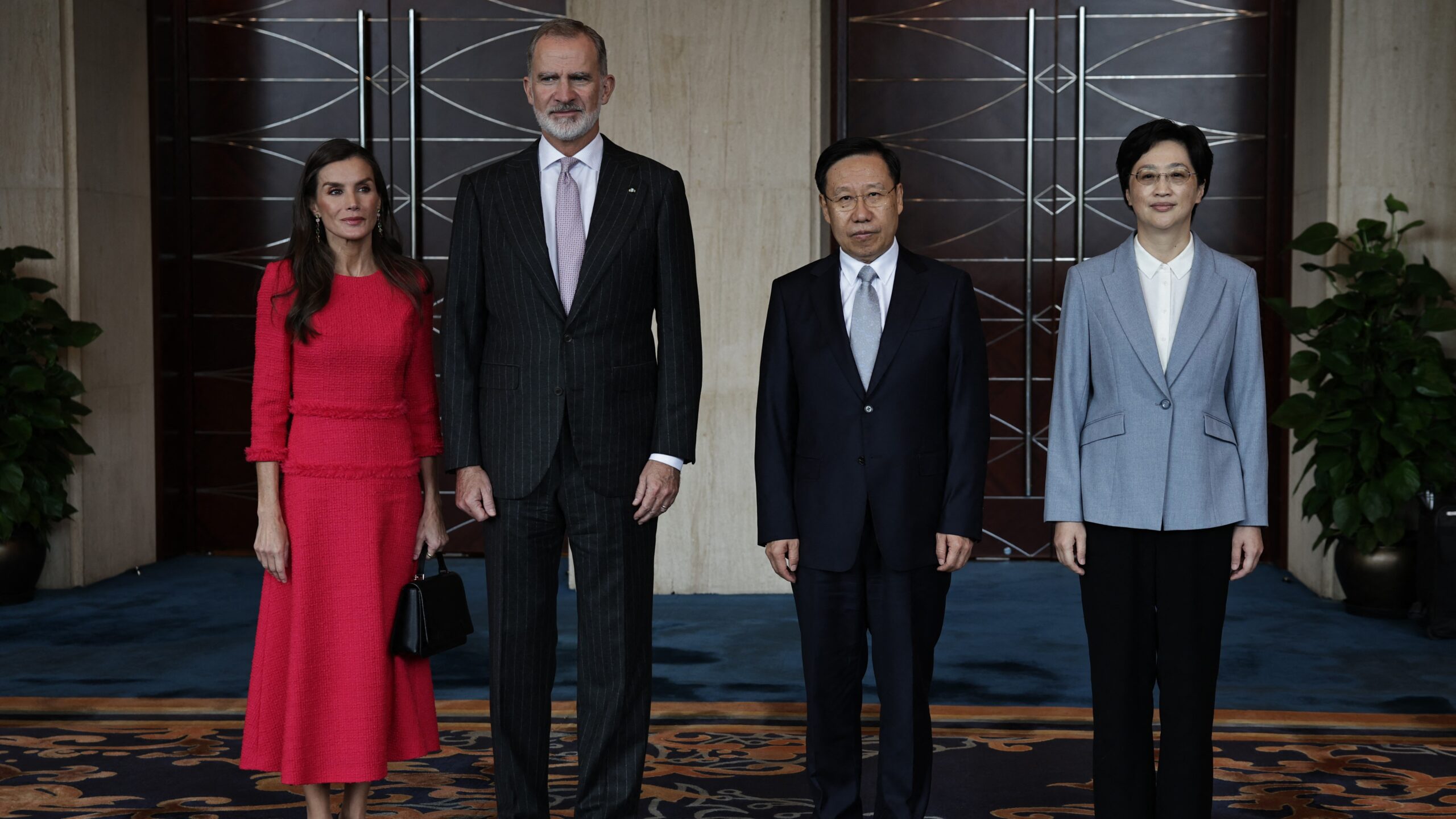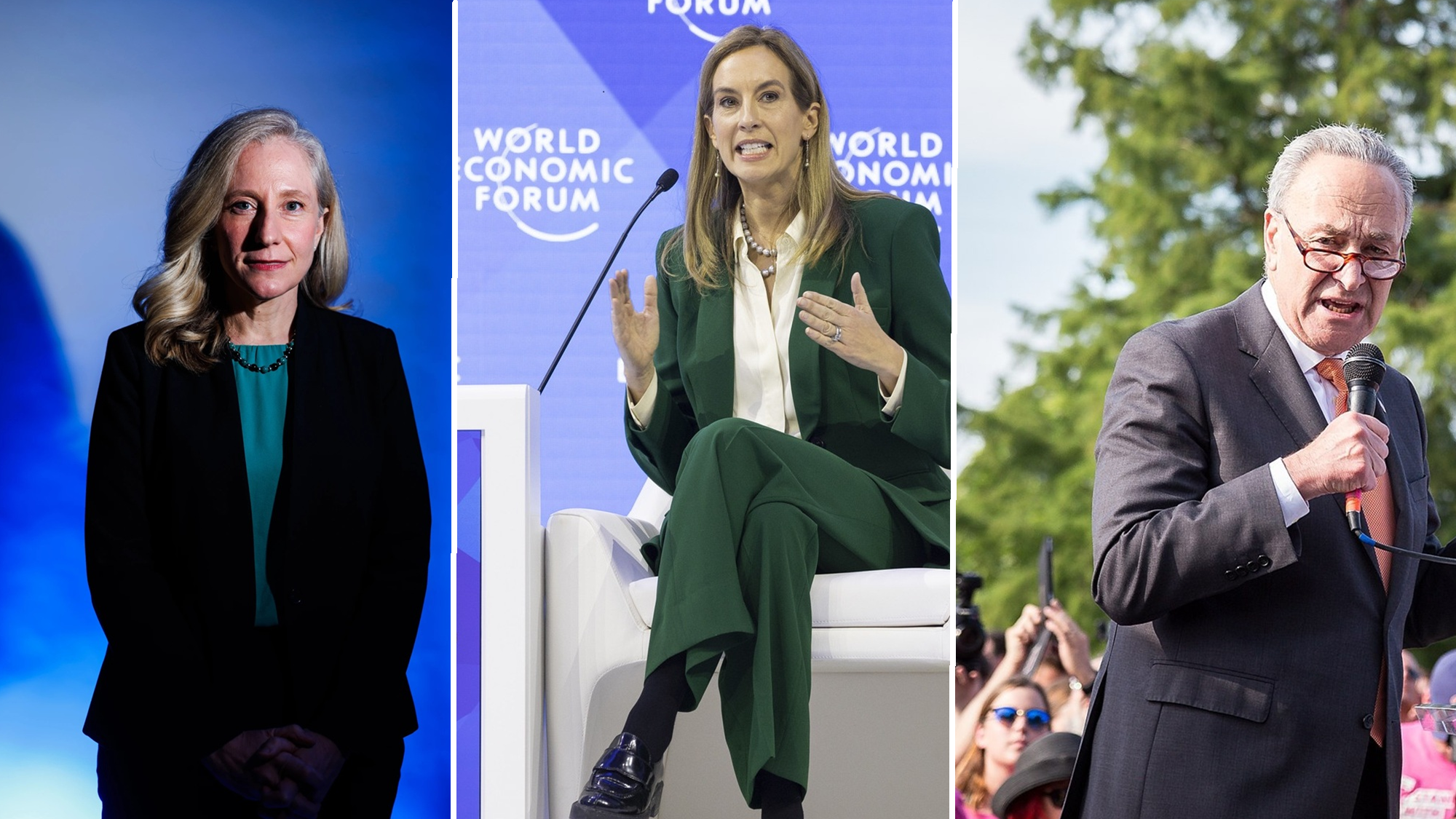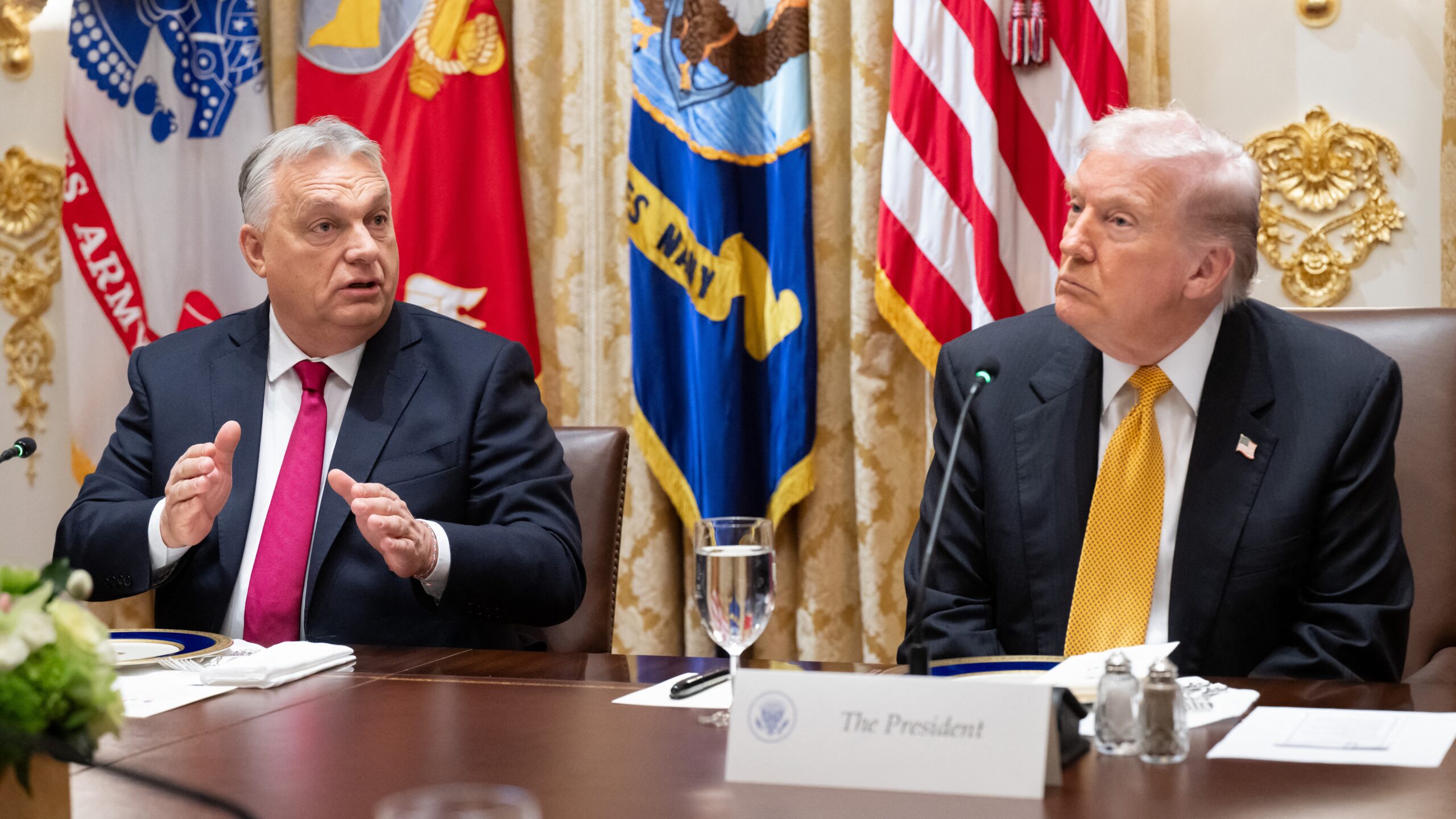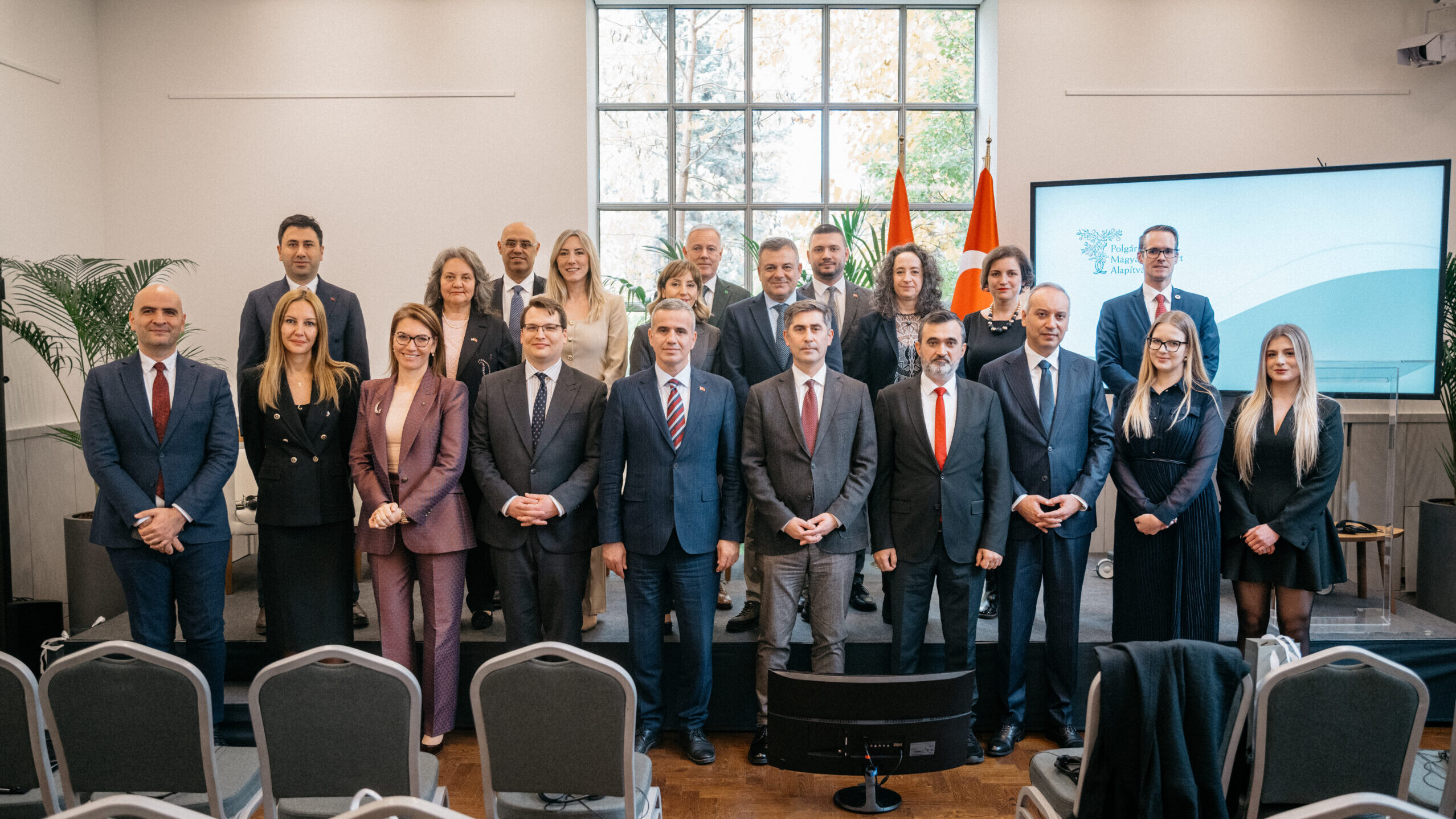
Hungarian–Turkish Ties Celebrated at Budapest ‘Media Bridges’ Conference
Hungarian–Turkish relations took centre stage at the ‘Media Bridges’ conference in Budapest, hosted by the Foundation for a Civic Hungary. Top officials and experts from both countries discussed expanding cooperation in media, energy, and security, underscoring a partnership grounded in trust, technology, and a shared commitment to peace.

